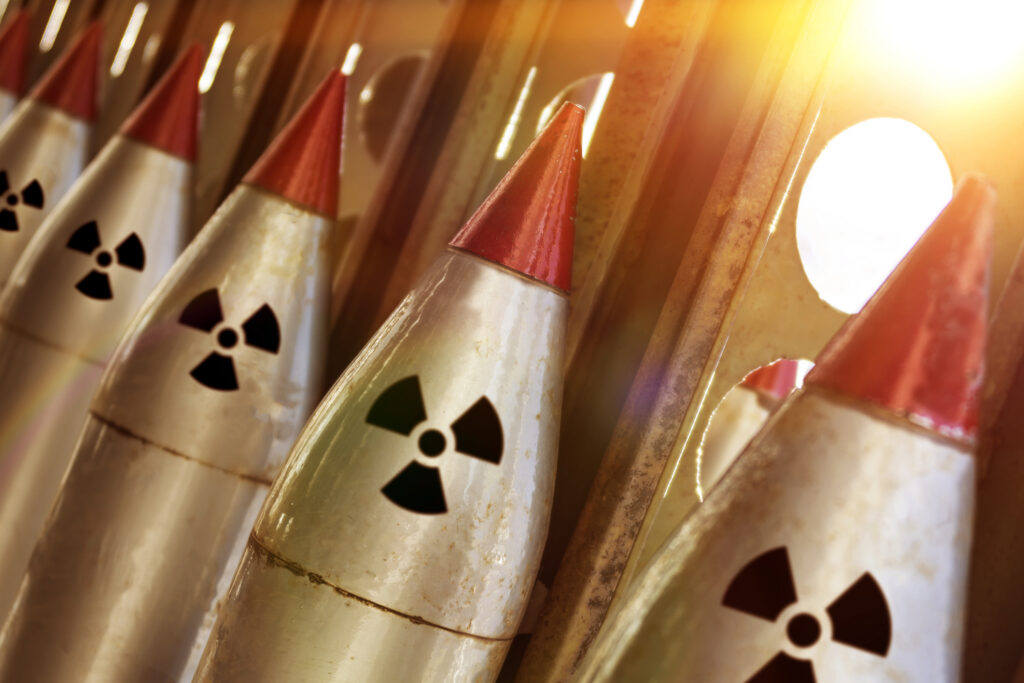On February 12th, 2013, North Korea conducted its third nuclear test since 2006. This test marked a significant step toward the nation's development of nuclear weapons capability – one which was quickly denounced by the United Nations and international allies alike.
The Test
The test took place at Punggye-ri, a mountainous region of northeastern North Korea where underground testing conditions are optimal. It was an artificial explosion estimated to have a 6 – 15 kilotons TNT equivalent yield — far greater than its previous tests in 2006 (1 kiloton) and 2009 (2–4 kilotons). Following the explosion, North Korean state media declared that the device “could be weaponized” for use against enemies of the country.
International Reactions
International allies were swift to react to news of the test, with Japan and South Korea expressing heightened concerns over their neighboring countries' capabilities while also calling for tougher U.N Security Council sanctions on Pyongyang. The UN established Resolution 2087, which mandated tighter sanctions on North Korea, particularly regarding exports such as weapons, luxury goods and military components.
The United States also responded with condemnation – Secretary of State John Kerry stating, "North Korea's continuing pursuit of nuclear weapons is an affront to international peace and security." President Obama called it "a highly provocative act that undermines regional stability" while urging North Korea to take steps towards denuclearization and re-engaging with international negotiations.
Impact
The news of this test sent shockwaves worldwide due to its implications for regional security stability and the potential risks posed by a nuclear-armed North Korea. Since then, much progress has been made in curtailing their weapons program; however, tensions remain high between Pyongyang and Washington, D.C., over human rights violations and ongoing missile launches from their territory.

